Brexit
Posted on 21st January 2021 at 23:57
On 1 January 2021 the UK officially left the EU and the transition period has now ended. We have summarised below some of the main changes post Brexit.
For Businesses Selling Goods - changes have now come into effect for businesses that trade goods with Europe. HMRC has updated the published guides which can be found here.
For Businesses Selling Services
From 1 January 2021 UK businesses no longer assume operation under the European Economic Area (EEA) regulations for trading services across borders. Now there are different rules for specific countries which are published by HMRC in this link here.
For businesses providing digital services to EU customers, as now the UK’s VAT Mini One Stop Shop (MOSS) is no longer available, a new registration for the Non-Union VAT MOSS will be required in an EU member state or a VAT registration in each EU member state where digital services are supplied to consumers.
VAT Rules for B2B (Business to Business) services. The General Rule for VAT now post Brexit applies to the supplies of most services. The ‘General Rule’ means that services provided to businesses outside of the UK are outside the scope of UK VAT and, therefore, there is no UK VAT chargeable.
EC Sales List it is no longer a requirement for UK businesses when services are supplied to businesses based in the EU.
For B2C (Business to Consumer) - on this, an HMRC press office spokesperson said:
‘From 1 January 2021, the place of supply of services rules will remain broadly the same as they are now. The general rule for B2C supplies remains as where the supplier is based, with the exception of UK to EU rules changing to the same as those currently for UK to rest of world’.
In essence, this means that no VAT will be charged on B2C services supplied to EU customers under UK VAT law for the list at Sch 4A para 16 in this link here. This means that the extensive list of services covered by the above legislation will be outside the scope of VAT for both EU and non-EU B2C customers from 1 January 2021. For example, a UK accountant who completed a tax return for a private individual living in Spain was required to charge 20% UK VAT until 31 December 2020, whereas from 1 January 2021, the accountant will no longer charge UK VAT for the client living in Spain.
For Travellers - there will be some changes to the rules for travellers to and from the UK. Up to 31 December 2020, travellers from the EU can bring in unlimited amounts of duty and tax paid goods for personal use. Minimum Indicative Levels (MILs) serve as a guide to establishing whether goods are for personal use. From 1 January 2021, MILs will no longer apply. Instead, personal allowances will be applied to those travelling from the EU to GB. If passengers exceed the personal limits, they will need to pay tax/duty on all the goods in that category, not just the excess amount.
You can find further information on the type of free goods you can bring from abroad without having to pay UK tax or duty as long as they are for your own use along with a list of banned goods in this link here and a published detailed document by HMRC in this link here.
How we can help
The new rules and procedures can cause confusion. If you are still unsure about which steps your business should be taking in the post-Brexit world, please do get in touch with your usual Chart Accountancy contact, and we will help you to understand what’s relevant to your business.

Tagged as: Brexit
Share this post:



